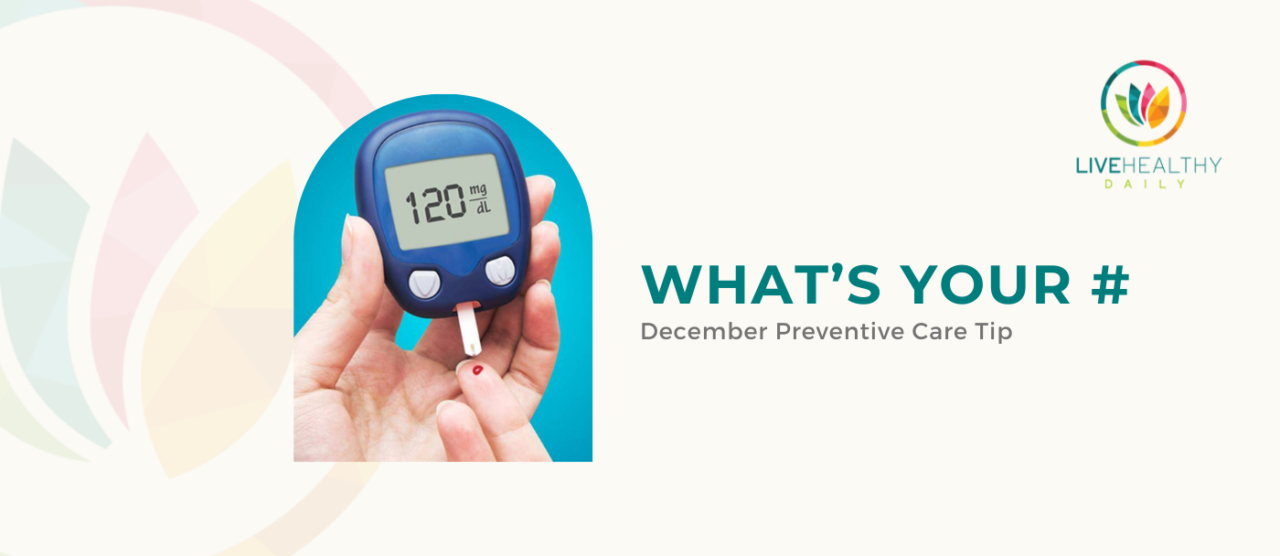Knowing your blood pressure, cholesterol, blood sugar and body mass index (BMI) are vital in determining whether you are at risk for developing major illnesses, such as heart disease or diabetes.
Cholesterol
Cholesterol is found in every cell of your body and has important natural functions when it comes to digesting foods, producing hormones and generating vitamin D. There are two types of cholesterol: LDL (low-density lipoproteins, bad cholesterol) and HDL (high-density lipoproteins, good cholesterol). Start having your cholesterol checked every five years beginning at age 20.
- HDL: Your HDL level should be above 60.
- LDL: Your LDL level should be below 130.
Blood Pressure
High blood pressure means the pressure in your arteries is higher than it should be. Stage 1 high blood pressure, also known as hypertension 1, is consistently measured at 130 over 80-89 or greater. There are two more stages of high blood pressure. If left untreated, high blood pressure can cause heart failure, aneurysms, kidney failure and strokes. Get your blood pressure checked at least once every year.
Blood Sugar





